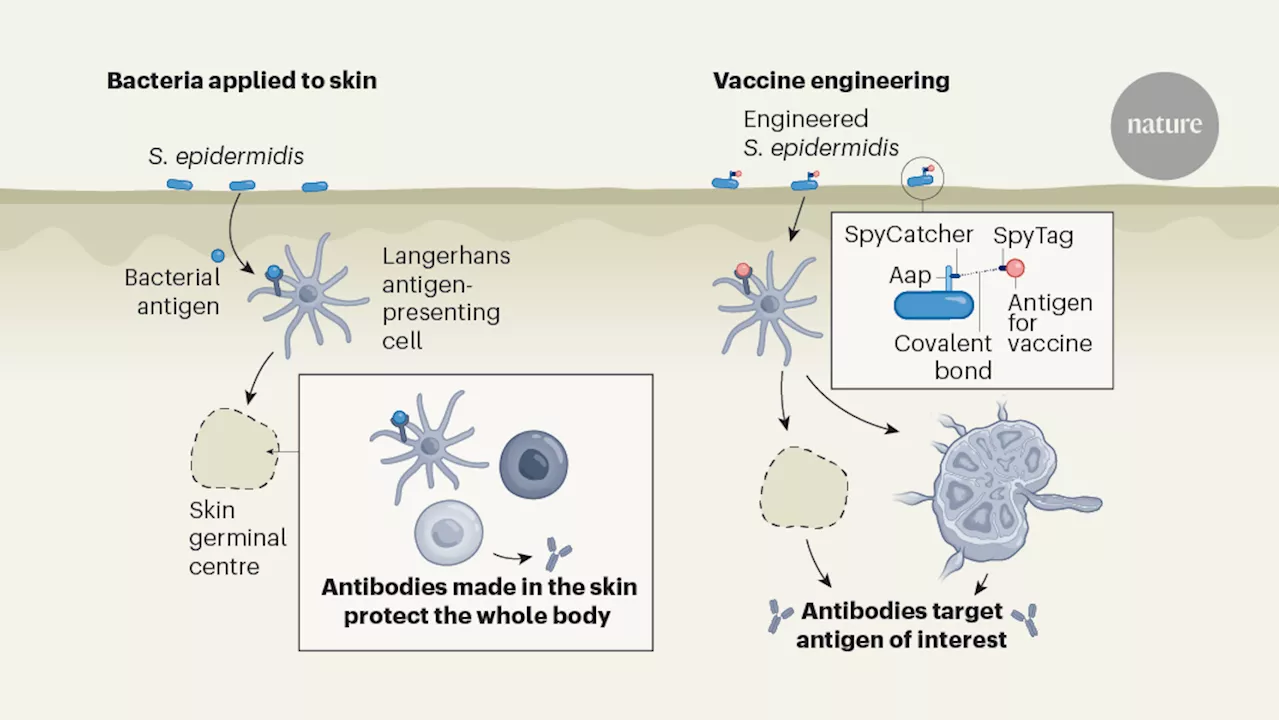This article explores the debilitating effects of hepatic encephalopathy (HE) and discusses the potential of fecal microbiota transplantation (FMT) as a revolutionary treatment for this condition. The article details the role of the gut microbiome in HE, explaining how imbalances can lead to ammonia buildup in the brain. It contrasts traditional approaches like antibiotics and probiotics with the efficacy of FMT, highlighting its ability to restore gut health and alleviate HE symptoms.
A damaged liver may struggle to eliminate excess ammonia, a waste product produced by gut bacteria. Our liver acts as a natural detoxifier, constantly removing ammonia and converting it into urea, which is then excreted by the kidneys. However, when the liver is severely impaired, ammonia can build up in the body, including the brain, leading to a condition called hepatic encephalopathy (HE).
HE can cause a range of debilitating symptoms, including confusion, disorientation, erratic behavior, mood swings, hallucinations, and even coma. \Cirrhosis, a chronic liver disease, is a common precursor to HE, affecting nearly half of all patients. If left untreated, the mortality rate for those with HE is alarmingly high, with half not surviving the year. While liver transplantation is often considered the solution for end-stage liver disease, patients with HE are deemed high-risk and often placed on waiting lists. This leaves many searching for alternative treatments. \Recent research has shed light on the gut-microbe-liver-brain axis in HE, revealing the crucial role of the gut microbiome. Studies have shown that antibiotics can temporarily alleviate HE symptoms by suppressing ammonia-producing bacteria. However, this approach also disrupts beneficial bacteria, leading to potential side effects. Probiotics, on the other hand, offer a more targeted approach by promoting the growth of beneficial bacteria that produce less ammonia. But for some, these methods are insufficient. \A promising new treatment for recurring HE involves fecal microbiota transplantation (FMT). FMT is a procedure where fecal matter from a healthy donor is transferred into the patient's gut, aiming to repopulate the microbiome with beneficial bacteria. Clinical trials have demonstrated the efficacy of FMT in restoring gut health and improving HE symptoms. Both enema and oral capsule delivery methods have shown success, with enema transplantation appearing to lead to better engraftment—the lasting colonization of the gut by the donor bacteria. Notably, both vegan and omnivore fecal donors yielded equally positive results, suggesting that dietary factors may not play a significant role in the success of FMT. This groundbreaking treatment highlights the intricate connection between the gut microbiome and brain health, offering hope for patients struggling with debilitating HE symptoms
Hepatic Encephalopathy Fecal Microbiota Transplant Gut Microbiome Liver Disease Brain Health
United States Latest News, United States Headlines
Similar News:You can also read news stories similar to this one that we have collected from other news sources.
 Fecal Microbiota Transplantation Shows Promise for Type 1 Diabetes Gastrointestinal IssuesA new study suggests that fecal microbiota transplantation (FMT) can alleviate gastrointestinal problems in people with type 1 diabetes. Researchers at Aarhus University Hospital in Denmark found that FMT significantly reduced gastrointestinal symptoms in participants compared to a placebo group, with no major complications.
Fecal Microbiota Transplantation Shows Promise for Type 1 Diabetes Gastrointestinal IssuesA new study suggests that fecal microbiota transplantation (FMT) can alleviate gastrointestinal problems in people with type 1 diabetes. Researchers at Aarhus University Hospital in Denmark found that FMT significantly reduced gastrointestinal symptoms in participants compared to a placebo group, with no major complications.
Read more »
 FMT Shows Promise in Improving Symptoms of Diabetic GastroenteropathyA new study shows that fecal microbiota transplantation (FMT) is safe and effective in reducing gastrointestinal symptoms and improving quality of life for patients with type 1 diabetes and severe gastroenteropathy.
FMT Shows Promise in Improving Symptoms of Diabetic GastroenteropathyA new study shows that fecal microbiota transplantation (FMT) is safe and effective in reducing gastrointestinal symptoms and improving quality of life for patients with type 1 diabetes and severe gastroenteropathy.
Read more »
 Skin Autonomous Antibody Production Regulates Host-Microbiota InteractionsThis article explores the role of skin-specific immune sites in antibody production and their impact on the balance between commensal bacteria and disease-causing agents.
Skin Autonomous Antibody Production Regulates Host-Microbiota InteractionsThis article explores the role of skin-specific immune sites in antibody production and their impact on the balance between commensal bacteria and disease-causing agents.
Read more »
 Insights into the metabolism of the gut microbiotaResearchers identified a protein and a group of small ribonucleic acids (sRNAs) in Bacteroides thetaiotaomicron, which regulate sugar metabolism. These discoveries shed light on how this gut microbe adapts to varying nutritional conditions.
Insights into the metabolism of the gut microbiotaResearchers identified a protein and a group of small ribonucleic acids (sRNAs) in Bacteroides thetaiotaomicron, which regulate sugar metabolism. These discoveries shed light on how this gut microbe adapts to varying nutritional conditions.
Read more »
 Postdoc (all genders) on microbiota-host interaction incancer - Hamburg (DE) job with Personalwerk GmbHPostdoc (all genders) on microbiota-host interaction in cancer Full time/ Part time | Temporary | Arbeitsort: Hamburg Eppendorf UKE_Zentrum für Onkologie Better together. For life.
Postdoc (all genders) on microbiota-host interaction incancer - Hamburg (DE) job with Personalwerk GmbHPostdoc (all genders) on microbiota-host interaction in cancer Full time/ Part time | Temporary | Arbeitsort: Hamburg Eppendorf UKE_Zentrum für Onkologie Better together. For life.
Read more »
 If You're Loving 'The Pitt,' Check Out This Compelling Medical Drama With a Tragic ProtagonistHamza Haq in Transplant
If You're Loving 'The Pitt,' Check Out This Compelling Medical Drama With a Tragic ProtagonistHamza Haq in Transplant
Read more »
